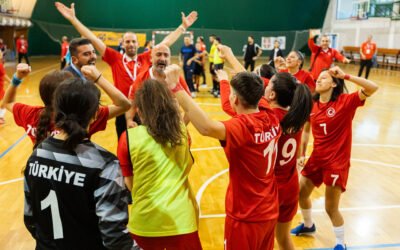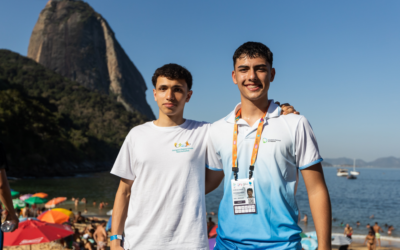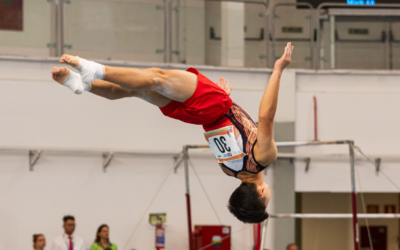How Your Body Remembers Every Move You Make
Have you ever noticed how, once you learn to ride a bike, you never really forget? Or how after practicing a dance routine, your body seems to know what comes next even before you think about it? That’s because your body has something special inside it: a map in your muscles.
This “map” is called muscle memory—and it’s one of the most powerful secrets in sport. At the School Sport Foundation (SSF), we believe every child should know how it works, because it explains why small, everyday practice can lead to incredible results.
What Is Muscle Memory?
Muscle memory isn’t really in your muscles—it’s in your brain and nervous system. Every time you practice a movement—like dribbling a ball, swinging a racket, or doing a cartwheel—your brain sends signals to your muscles. The more you repeat the movement, the stronger the brain-to-muscle connection becomes.
It’s like drawing a line on paper: the first time is faint, but the more you trace it, the darker and clearer the line gets. Soon, the map is so strong that your body remembers the movement automatically.
That’s why athletes can move quickly without “thinking too much.” Their bodies already know the way.
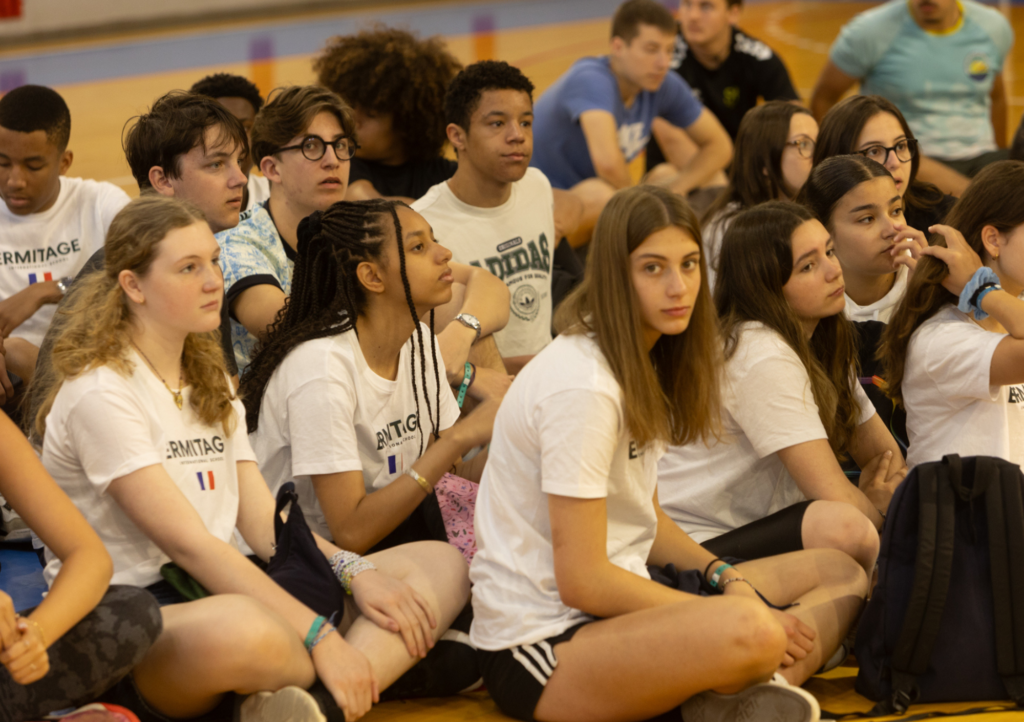
How Kids Experience It
Think about these everyday examples:
- A child learning to kick a ball. At first, it’s clumsy. After a few weeks, the body “just knows” how to strike.
- A swimmer repeating a stroke until the arms and legs move in perfect rhythm.
- A gymnast practicing a handstand until balance feels natural.
- Even handwriting and tying shoelaces are examples of muscle memory in action!
For kids, this means every small bit of practice builds a stronger map in their muscles.
Why Small Routines Work Best
Muscle memory is built with repetition, not perfection. That’s why tiny routines matter so much:
- 5 minutes a day of dribbling a basketball is better than one long session once a week.
- Practicing one cartwheel every evening makes balance easier than doing 20 all at once and then stopping.
- Even visualizing a move (closing your eyes and imagining yourself doing it) strengthens the brain-muscle map!
Small, steady practice creates stronger connections than waiting for “big” training days.
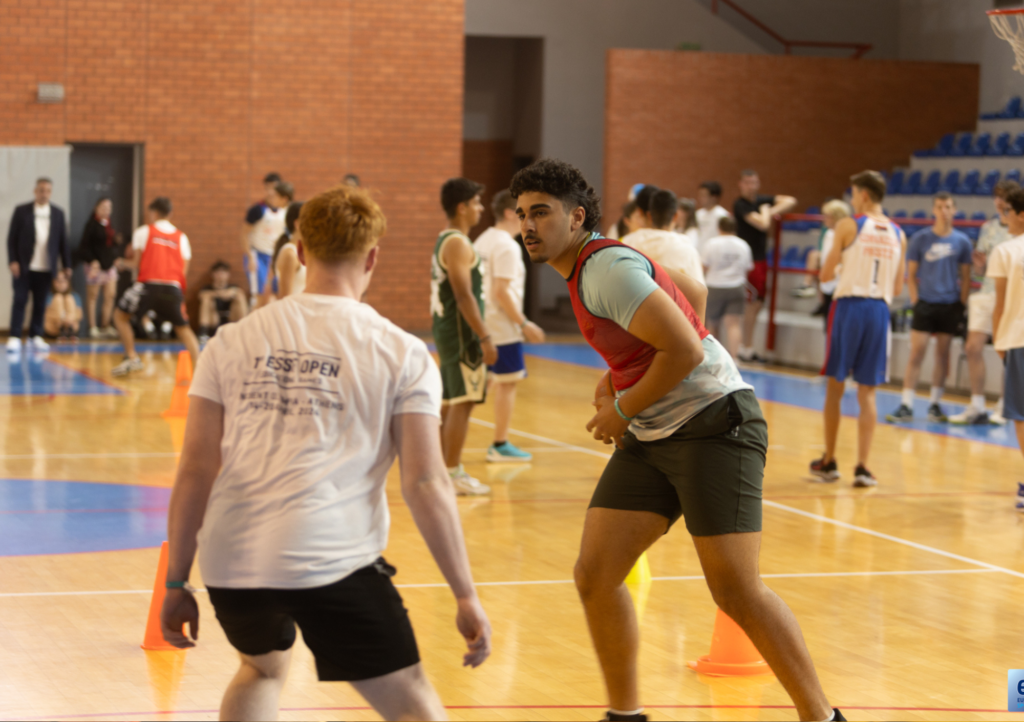
For Parents: How to Support Muscle Memory
Parents can help kids by:
- Encouraging short, regular practice sessions instead of long, exhausting ones.
- Celebrating progress, not just results—“Your kicks look smoother today!”
- Reminding kids that mistakes are part of the process—each error helps redraw the map.
- Making practice playful—games, challenges, and creativity build habits without pressure.
In Conclusion: Every Move Counts
Your muscles may not have actual maps, but your brain is drawing one every time you move. The more you repeat small actions, the clearer and stronger the map becomes.
So whether you’re running, dancing, swimming, or just learning a new game—remember:
Your body is learning, your brain is mapping, and your future athlete is growing—one move at a time.
